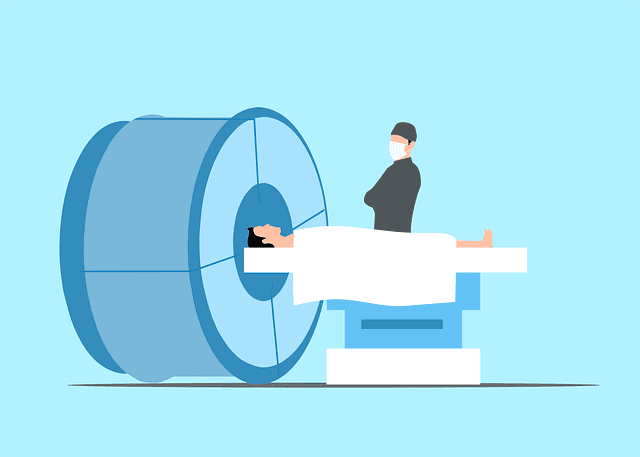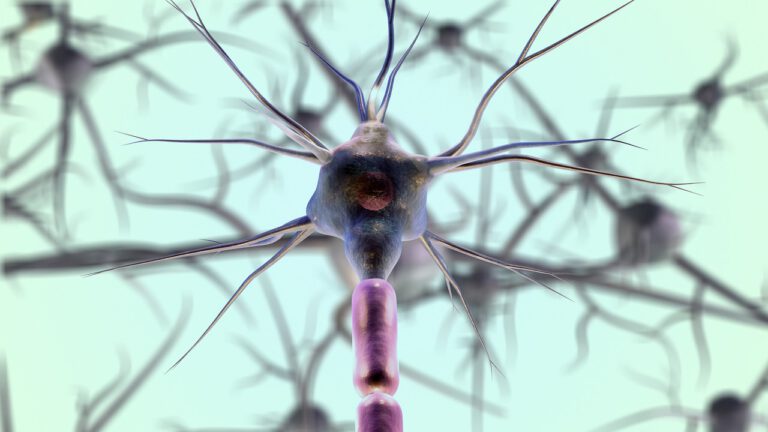- Depression is a serious mental health condition that can have a significant impact on a person’s life. Fortunately, there are many treatments available to help manage depression symptoms.
-
Table of Contents
“Diet: The Natural Way to Feel Better!”
Introduction
Depression is a serious mental health condition that can have a significant impact on a person’s life. Fortunately, there are many treatments available to help manage depression symptoms. One of the most effective treatments is diet. Eating a healthy, balanced diet can help improve depression symptoms and even prevent them from occurring in the first place. This article will discuss the role of diet in managing depression and provide tips on how to make dietary changes to improve your mental health.
How Eating a Balanced Diet Can Help Reduce Symptoms of Depression
Depression is a serious mental health condition that can have a significant impact on a person’s life. It can cause feelings of sadness, hopelessness, and fatigue, and can interfere with daily activities. Fortunately, there are a number of treatments available to help manage depression, including lifestyle changes such as eating a balanced diet.
Eating a balanced diet is an important part of overall health and wellbeing, and it can also help reduce symptoms of depression. A balanced diet includes a variety of foods from all the major food groups, including fruits, vegetables, whole grains, lean proteins, and healthy fats. Eating a balanced diet can help provide the body with the essential nutrients it needs to function properly, which can help improve mood and energy levels.
In addition, eating a balanced diet can help regulate blood sugar levels, which can have a positive effect on mood. Eating regular meals throughout the day can also help reduce feelings of fatigue and low energy, which are common symptoms of depression.
Finally, eating a balanced diet can help reduce cravings for unhealthy foods, such as processed snacks and sugary drinks. These foods can cause spikes in blood sugar levels, which can lead to mood swings and irritability. Eating a balanced diet can help reduce cravings for these foods and provide the body with the nutrients it needs to stay healthy.
In conclusion, eating a balanced diet can be an effective way to help reduce symptoms of depression. Eating a variety of foods from all the major food groups can help provide the body with the essential nutrients it needs to function properly, regulate blood sugar levels, and reduce cravings for unhealthy foods. Making dietary changes can be an important part of managing depression and improving overall health and wellbeing.
The Role of Omega-3 Fatty Acids in Improving Mood and Reducing Depression

Omega-3 fatty acids are essential fatty acids that are found in a variety of foods, including fish, nuts, and seeds. They are known to have a wide range of health benefits, including improving mood and reducing depression. Studies have shown that omega-3 fatty acids can help to reduce symptoms of depression, improve mood, and even reduce the risk of developing depression.
The exact mechanism by which omega-3 fatty acids improve mood and reduce depression is not yet fully understood. However, it is believed that omega-3 fatty acids may help to reduce inflammation in the brain, which can lead to improved mood and reduced depression. Additionally, omega-3 fatty acids may help to increase levels of serotonin, a neurotransmitter that is associated with improved mood and reduced depression.
Omega-3 fatty acids can be found in a variety of foods, including fish, nuts, and seeds. Fish is particularly rich in omega-3 fatty acids, and eating fish at least twice a week is recommended for optimal health. Additionally, omega-3 fatty acids can also be found in supplements, which can be taken to ensure adequate intake.
In conclusion, omega-3 fatty acids have been shown to have a positive effect on mood and depression. They may help to reduce inflammation in the brain, increase serotonin levels, and improve overall mood. Eating fish at least twice a week and taking omega-3 supplements can help to ensure adequate intake of these essential fatty acids.
The Benefits of Eating Whole Foods to Combat Depression Symptoms
Depression is a serious mental health condition that can have a significant impact on a person’s life. It can cause feelings of sadness, hopelessness, and fatigue, and can interfere with daily activities. Fortunately, there are a number of strategies that can help to reduce the symptoms of depression. One of the most effective strategies is to make dietary changes, such as eating whole foods.
Whole foods are foods that are unprocessed and unrefined, and are free from additives and preservatives. They are typically high in essential vitamins, minerals, and other nutrients that are important for overall health and wellbeing. Eating a diet rich in whole foods can help to reduce the symptoms of depression by providing the body with the nutrients it needs to function optimally.
For example, whole foods are a great source of B vitamins, which are essential for the production of serotonin, a neurotransmitter that helps to regulate mood. Eating foods such as whole grains, legumes, and nuts can help to boost serotonin levels, which can help to reduce feelings of depression. Whole foods are also a great source of omega-3 fatty acids, which are important for brain health and can help to reduce symptoms of depression.
In addition to providing essential nutrients, eating whole foods can also help to reduce inflammation, which is linked to depression. Eating a diet rich in whole foods can help to reduce inflammation by providing the body with antioxidants, which can help to protect cells from damage.
Finally, eating whole foods can help to reduce cravings for unhealthy foods, such as processed snacks and sugary treats. Eating these types of foods can lead to a spike in blood sugar levels, which can cause mood swings and feelings of depression. Eating whole foods can help to reduce cravings for unhealthy foods, which can help to reduce symptoms of depression.
In conclusion, eating whole foods can be an effective strategy for reducing the symptoms of depression. Whole foods are a great source of essential vitamins, minerals, and other nutrients that are important for overall health and wellbeing. They can also help to reduce inflammation and cravings for unhealthy foods, which can help to reduce symptoms of depression. Eating a diet rich in whole foods can be an effective way to combat depression symptoms and improve overall health and wellbeing.
Conclusion
In conclusion, diet can be an effective way to help improve depression symptoms. Eating a balanced diet that includes plenty of fruits, vegetables, whole grains, and lean proteins can help to provide the body with the essential nutrients it needs to function properly. Additionally, avoiding processed foods and sugary snacks can help to reduce inflammation and improve mood. With the right diet and lifestyle changes, it is possible to reduce the symptoms of depression and improve overall mental health.



